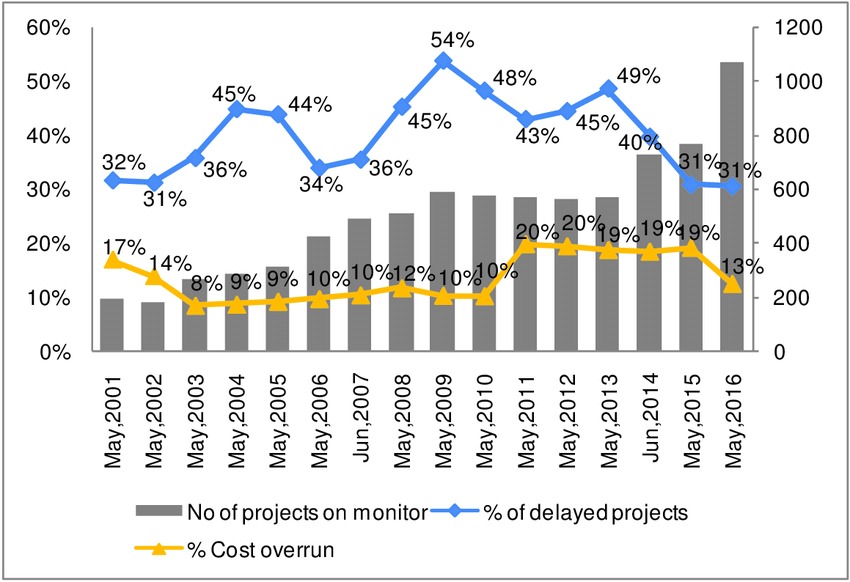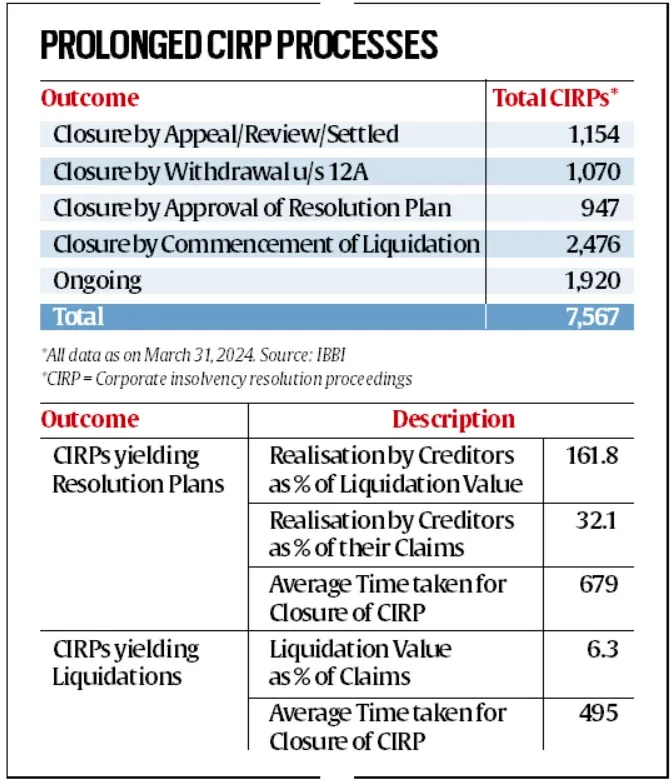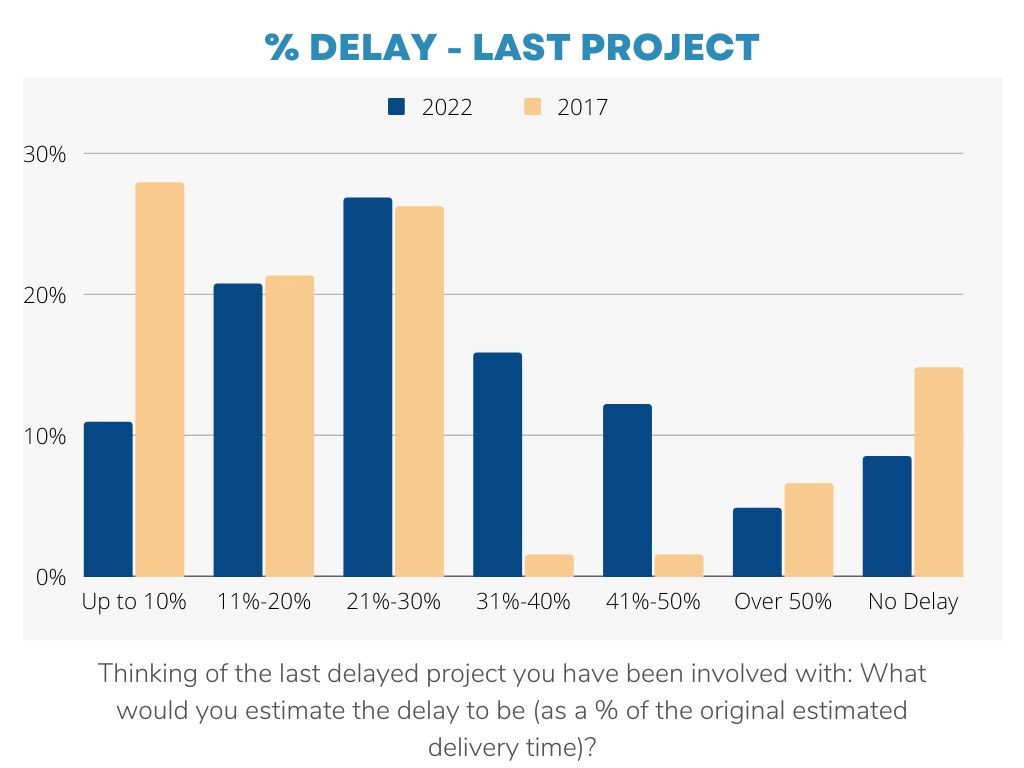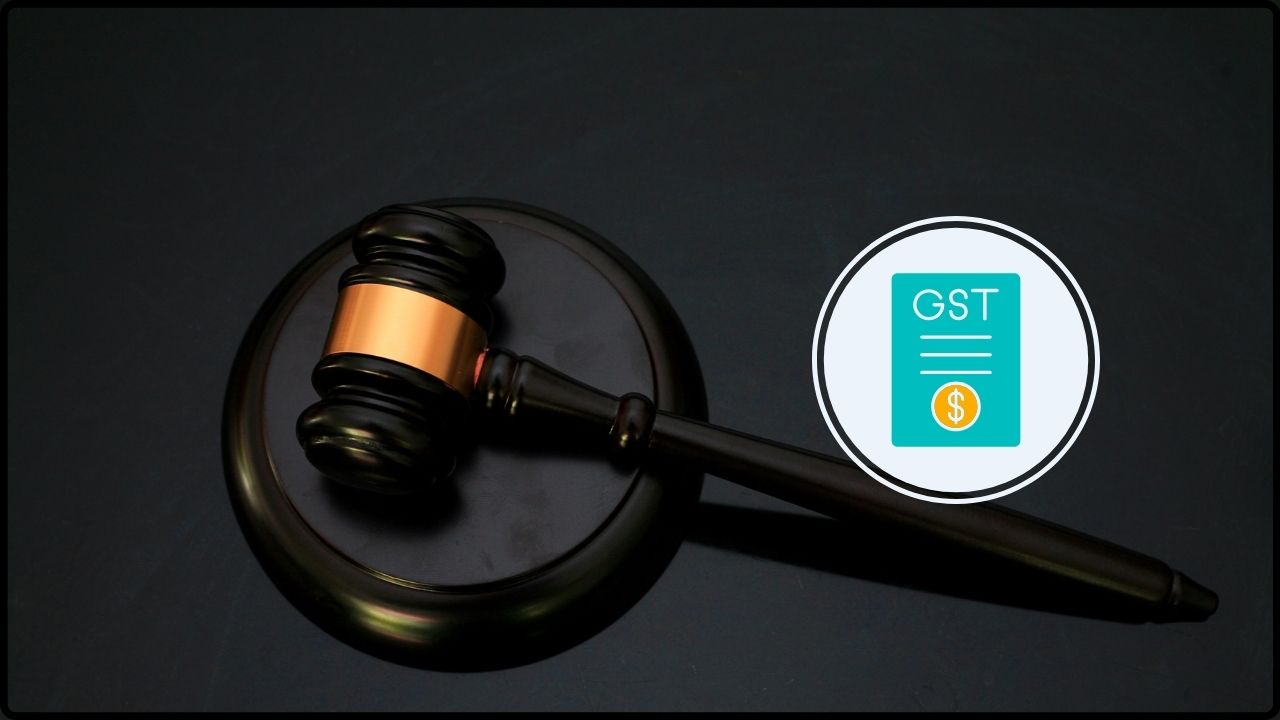
AP HC Rules Delay in Departmental Enquiry Can’t Block Promotions: If you’ve ever been stuck in career limbo because of a slow-moving investigation at work, you know the frustration—it’s like sitting in traffic with a green light ahead. The Andhra Pradesh High Court (AP HC) recently made a ruling that could be a game-changer for thousands of government employees in India. The court held that a delay in departmental enquiry can’t be used as an excuse to block someone’s promotion—even if the case is still pending. In plain English: if you’ve met all the criteria for a promotion, the government can’t keep you on hold indefinitely just because the enquiry is moving at a snail’s pace.
AP HC Rules Delay in Departmental Enquiry Can’t Block Promotions
The AP High Court’s ruling is a major win for fairness in government careers. It sends a clear message: bureaucratic delays should not block earned promotions. It aligns India’s public service practices with international norms in the U.S., UK, and Australia. For employees, it’s a reminder to know your rights, keep records, and push for timelines. For administrators, it’s a wake-up call—slow files are no longer a harmless habit; they have legal consequences.
| Point | Details |
|---|---|
| Court | Andhra Pradesh High Court |
| Ruling Date | August 2025 |
| Case Type | Departmental enquiry delay affecting promotion |
| Petitioner | Commercial Tax Officer (joined in 1998) |
| Key Government Order | G.O.Ms.No.257 |
| Court Decision | Delay in enquiry can’t block promotion if employee is otherwise eligible |
| Timeline for Enquiry | Must be completed within 6 months from court order |
| Accountability | Disciplinary authority, enquiry officer, and presenting officer responsible for delays |
| Impacted Roles | Government officers under disciplinary proceedings |
| Reference | Official AP HC Website |
What Is a Departmental Enquiry?
A departmental enquiry is an internal disciplinary process to determine if a public servant has committed misconduct or violated service rules. It’s designed to ensure fairness and protect both the employee’s rights and the public interest.
How It Works in India:
- Complaint or Allegation Filed — Can be by a citizen, another officer, or internal audit.
- Preliminary Investigation — Internal review to decide if a full enquiry is warranted.
- Formal Charges Issued — Employee receives a charge sheet.
- Enquiry Officer Appointed — Conducts hearings, examines witnesses, reviews evidence.
- Report Submitted — Findings sent to the disciplinary authority.
- Final Decision — May include dismissal, demotion, penalty, or exoneration.
On paper, most enquiries are supposed to conclude in 3–6 months. In practice, they often stretch for years.
Why This Case Matters?
A Commercial Tax Officer (CTO), serving since 1998, was facing allegations. The enquiry against him dragged on for nearly two years without resolution. Meanwhile, promotions were being processed for others. Under G.O.Ms.No.257, if the enquiry is unreasonably delayed, the officer can still be considered for promotion. Yet in this case, his name wasn’t even in the list.
The AP HC stepped in, noting that:
- Employees cannot be punished via inaction.
- Career progression is a legitimate right.
- Authorities must be held accountable for delays.

AP HC Rules Delay in Departmental Enquiry Can’t Block Promotions: The Court’s Reasoning
The High Court emphasized three key principles:
- Fair Play and Natural Justice — Innocent until proven guilty applies to service matters too.
- Career Rights Are Not Discretionary — They are protected under service rules and constitutional principles.
- Delay Responsibility Lies With the Administration — If a case lingers, the blame isn’t on the employee.
This means promotions should be processed unless there’s a clear and justified reason to withhold them.
Delays in Numbers
- 37% of departmental enquiries in Andhra Pradesh exceeded time limits set in service rules, per a 2023 CAG report.
- The Indian Institute of Public Administration estimated that stalled enquiries cause over ₹500 crore in annual economic inefficiencies.
- In the U.S., 18% of federal employee investigations exceed one year, leading to appeals, back-pay awards, and legal costs.
- In the UK Civil Service, strict timelines (often 12 weeks) prevent most long-pending cases, and delays require written justification to the Cabinet Office.
Economic and Psychological Costs of Delay
Long delays don’t just hurt promotions—they:
- Reduce motivation and productivity.
- Create financial loss from missed pay increments.
- Damage reputation within the department.
- Cause stress, anxiety, and sometimes lead to resignation.
A 2019 study by the Centre for the Study of Developing Societies (CSDS) found that 61% of Indian government employees facing long enquiries reported “significant mental distress” due to uncertainty.

International Comparisons
- United States — Federal agencies must complete disciplinary cases promptly. Prolonged administrative leave or blocked promotions can trigger Equal Employment Opportunity (EEO) complaints.
- United Kingdom — Civil servants have access to independent grievance panels if cases take too long.
- Australia — The Public Service Commission can review delayed cases and recommend promotion despite pending enquiries.
These systems align with the AP HC’s stance—delays cannot be a silent punishment.
Practical Guide: Protecting Your Career During an Enquiry
Step 1: Learn the Rules
Know the promotion and disciplinary policies in your department. In AP, that’s G.O.Ms.No.257; in the U.S., see OPM guidelines; in the UK, the Civil Service Code.
Step 2: Keep Detailed Records
Maintain a file with all notices, emails, and hearing summaries.
Step 3: Push for Updates
Send written requests for status reports every 2–3 months.
Step 4: Escalate When Necessary
If no progress after a reasonable period, approach higher administrative bodies or file a representation.
G.O.Ms.No.257 — The Promotion Shield
G.O.Ms.No.257 provides that when enquiries are delayed without valid cause, promotion should still be considered. If the employee is later found guilty, the promotion can be withdrawn.
This prevents career stagnation due to administrative inefficiency.

Related Legal Precedents
- Union of India v. K.V. Jankiraman (1991) — Supreme Court ruled pending enquiries without proven charges cannot block promotions.
- State of Tamil Nadu v. Promod Kumar (2018) — Stressed timely completion of enquiries.
- M. Venkata Rao v. State of AP (2020) — AP HC ordered promotion despite ongoing enquiry delayed beyond reasonable time.
Employee Advocacy Tips
- Form Employee Associations — Collective advocacy gets faster results.
- Leverage Media & RTI — In India, the Right to Information Act can uncover why a case is delayed.
- Document Performance — Maintain strong annual appraisals to reinforce merit.
Management Reform Suggestions
- Introduce Digital Case Tracking for transparency.
- Set automatic review triggers if a case exceeds 6 months.
- Penalize enquiry officers for unjustified delays.
- Allow provisional promotions subject to enquiry outcome.
Andhra Pradesh Will Now Pay GST on Handlooms — Here’s What That Means
Andhra Govt Steps In to Pay GST on Handlooms—Relief or Red Flag for Weavers?
Andhra Pradesh’s GST Comeback Stuns Analysts — What Sparked the Rebound?






